The Nanuet Mall near Nyack, N. Y., is 20 miles north of Manhattan. On October 20, 1981, a Brink's armored-truck driver was waiting for guards to transfer bags of money from the Nanuet National Bank to the truck when a red van wheeled up and three men wearing ski masks jumped out firing automatic M-16 rifles, killing one guard and wounding a second.
A sawed-off shotgun was fired at the truck's driver, wounding him, while a black man who had been standing nearby began firing a pistol. The robbers grabbed six bags containing $1.6 million, leaped back into their van and rode off.
In the wake of the Nyack killings the picture of a revolutionary alliance between black, white and Puerto Rican insurgents emerged. This conspiracy had operated in secrecy for over five years. They committed bank robberies, freed their comrades from prison, and supported like minded fugitives as part of a larger network. ‘The movement,’ which had obvious international implications, had moved to open rebellion.
The Soviet Union, the Cuban government, the North Vietnamese Army, and other terrorist organizations such as the PLO were now operating a violent subculture in America.
Between 1972 and 1981 this terrorist movement had planted or set off more than 150 bombs, assassinated policemen, and killed or injured scores of American citizens.
As the Nyack investigation deepened, police found a ‘hit list’ that profiled dozens of American corporation executives and contained the biographies, photos and daily schedules of top New York and New Jersey police officials. Floor plans of police precinct stations and photographs of police barracks revealed plots for bombings and ambush murders like the one that occurred a decade earlier, in August of 1971, when a woman cased the Ingleside police station in San Francisco minutes before a Black Liberation Army gang walked in, killed the desk sergeant, wounded a female clerk but bungled the detonation of a mammoth bomb.
Using Canadian telephone numbers for some Weather fugitives, Cuban intelligence agents provided a communications link to the underground cells while other DGI agents instructed Puerto Rican terrorists already inside the United States. According to FBI records filed in court, a PLO agent had wired money to a Weather Underground founder suspected of constructing a bomb that damaged the U.S. Capitol in March 1971 (William Ayers).
As these terrorists conducted their campaign of kidnapping, armed robbery, assassination, and bombing inside the United States, the nation’s counter-terrorist intelligence apparatus was being dismantled. Civil-liberty lawsuits filed by radical lawyers who “explode the Law instead of bombs,” had vitiated or destroyed effective police intelligence units across the country.
Between Watergate and the completion in March 1976 of public hearings by the Church Committee of the U.S. Senate, three anti-subversive initiatives and a congressional committee were eliminated:
1. The Internal Security Division of the Department of Justice, originally established to support the FBI and other agencies with responsibilities in the area of internal security, was abolished at the direction of then Attorney General, Ed Levi.
2. The Subversive Activities Control Board, created by the Internal Security Act of 1950, was disbanded.
3. The responsibility of the Attorney General to maintain a list, made available to the public, of organizations determined to be Communist or totalitarian, was cancelled, again at the direction of then Attorney General, Ed Levi.
4. In the U.S. House of Representatives, the long-standing Committee on Internal Security, formerly known as the House Committee on Un-American Activities, was eliminated.
America was now completely vulnerable to the subversive elements that had won the above victories. The Levi Guidelines and Church committee reforms of 1976 are directly responsible for the inability of US counterintelligence services to fulfill its obligation to protect the American people, a fact supported by more than 30 years of ineffective counterterrorism that culminated in the 9-11 attacks against the WTC.
US Attorney General, Ed Levi, Appointed by President Gerald R. Ford
In 1976, US Attorney General, Ed Levi, an appointee of Republican president Gerald Ford, imposed a series of directives on police and intelligence services that impaired their ability to conduct domestic undercover operations against our enemies. The ‘Levi Guidelines’ wiped out many domestic surveillance operations and prosecution on those cases came to a standstill. After Ed Levi, intelligence-gathering in the conduct of domestic security investigations in America was no longer possible.
Levi prosecuted those FBI agents who were most successful in bringing domestic terrorists to justice. He indicted FBI acting director L. Patrick Gray, former Chief of Counterintelligence Edward Miller, and former acting associate director W. Mark Felt on charges of "conspiring to injure and oppress citizens of the United States." The "citizens" in question were members of the Weather Underground.
Eventually, 140 FBI agents were brought to trial for their efforts to apprehend Weather Underground terrorists. All of these agents were prosecuted for actions taken in 1972-73 under guidelines created by Levi in 1976 — a violation of the Constitution’s prohibition against ex post facto laws. This amounted to a judicial purge of the FBI’s counter-terrorism division.
Ed Levi was a ‘curious’ choice for Attorney General. He was a member of both the ACLU and the National Lawyer’s Guild.
“While the Guild is not officially communist or Marxist, its membership, leadership, past internal struggles, and adopted stances consistently point to an organization whose underlying convictions could best be described as such.” (FrontPageMagazine.com; Jesse Rigby; 25 April 2003.)
“The ‘Guild’ promoted "liberation" (i.e. Marxist) movements or groups overseas in the 1970s, including the Palestine Liberation Organization, the Viet Cong, the African National Congress, pro-Soviet Angolan and Mozambican factions, the Puerto Rican FALN, and the Philippine New People’s Army, "the military wing of the Communist Party of the Philippines."
In the years before the Nyack attack, the FBI's informants in political-terrorist groups had been cut from 1100 to fewer than 50. When a joint task force was set up to handle the Nyack case, the N.Y.P.D. and FBI were limited in their ability to move rapidly on the case – most of the old files were ordered destroyed to comply with ‘the Levi Guidelines.’
Sunday, November 23, 2008
International Terrorism and Domestic Enemies In the Streets, In the Courts, In the White House Inside Out:Infiltrated
Subscribe to:
Post Comments (Atom)




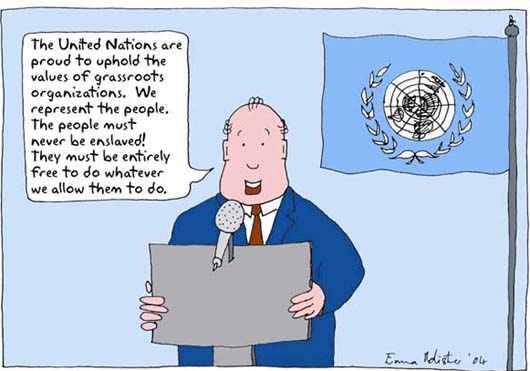
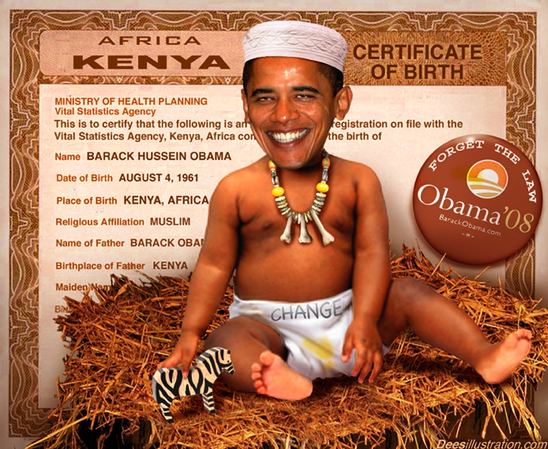
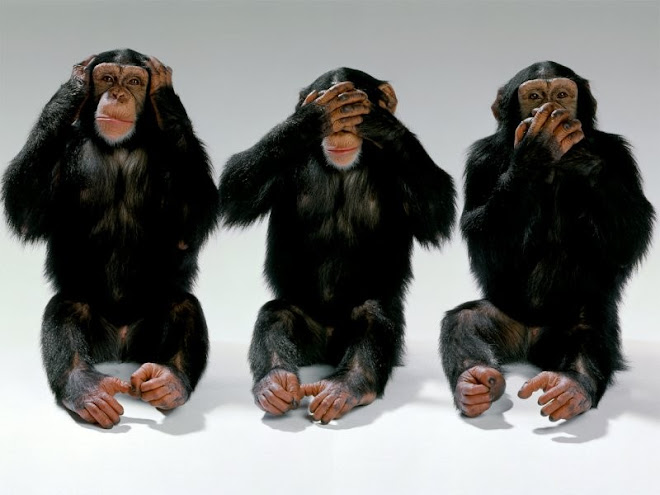


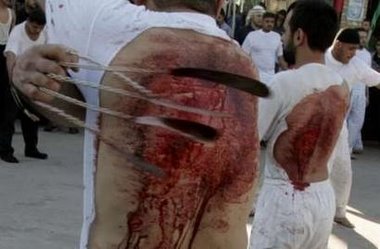



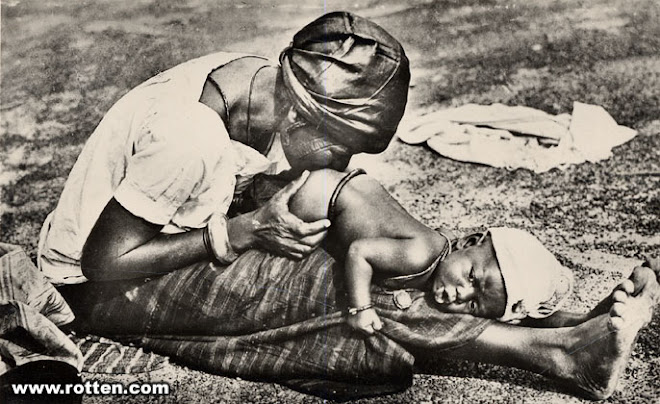

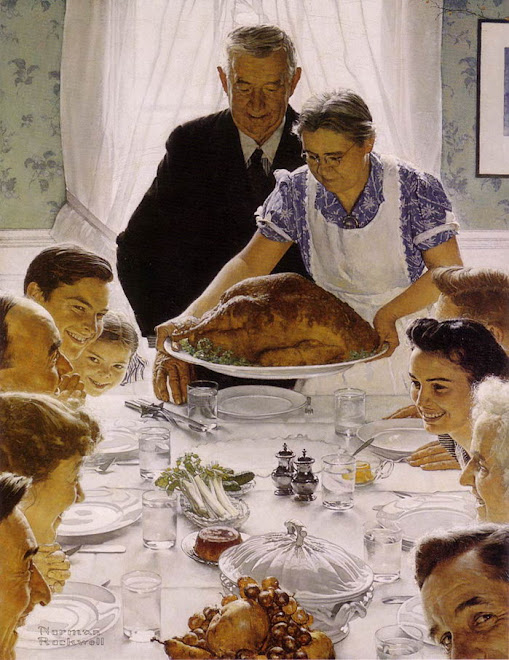




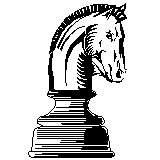

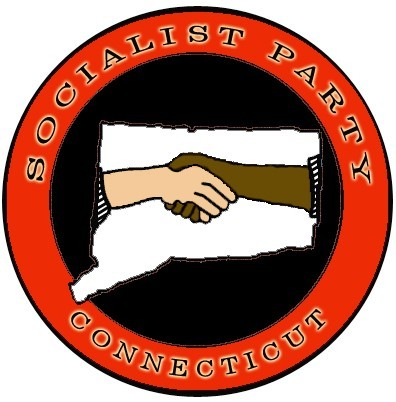


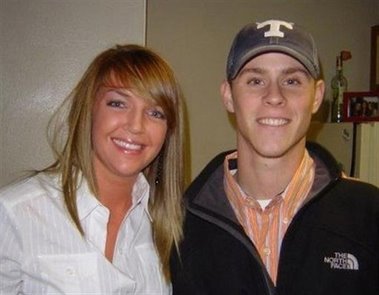



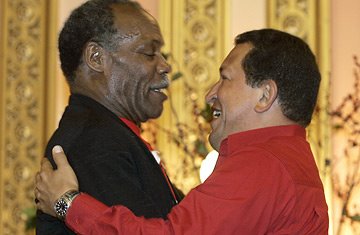
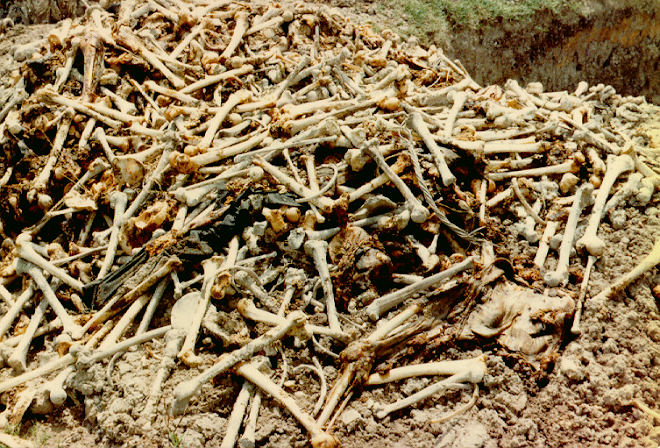
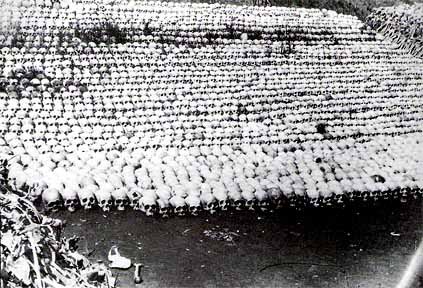
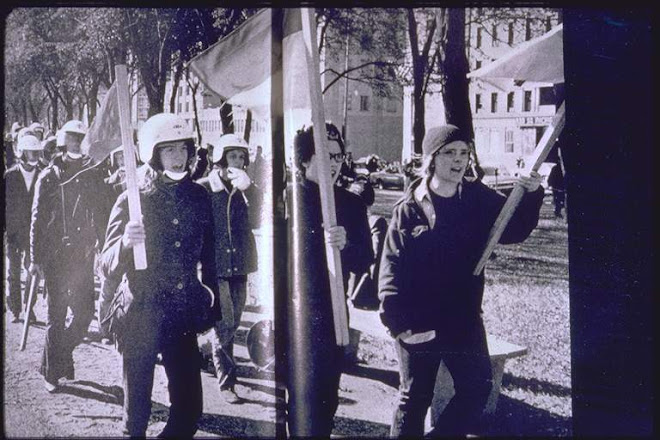
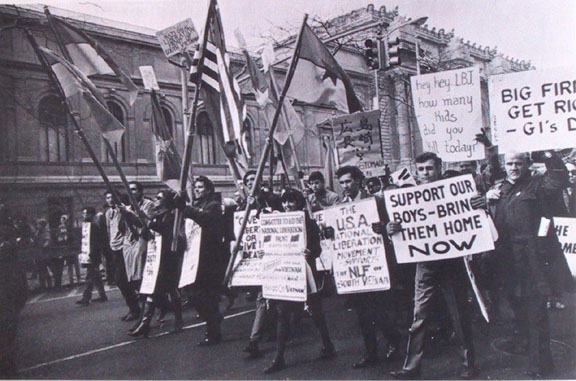
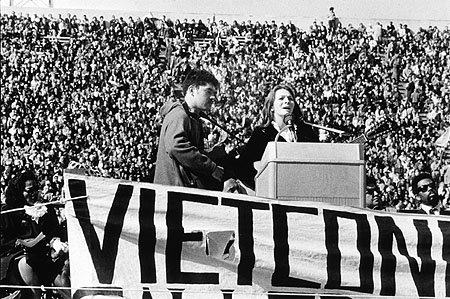
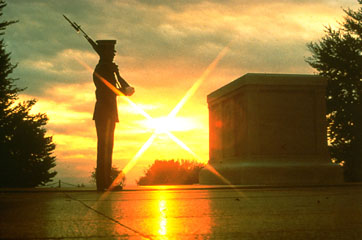


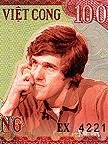
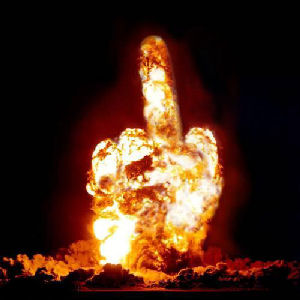
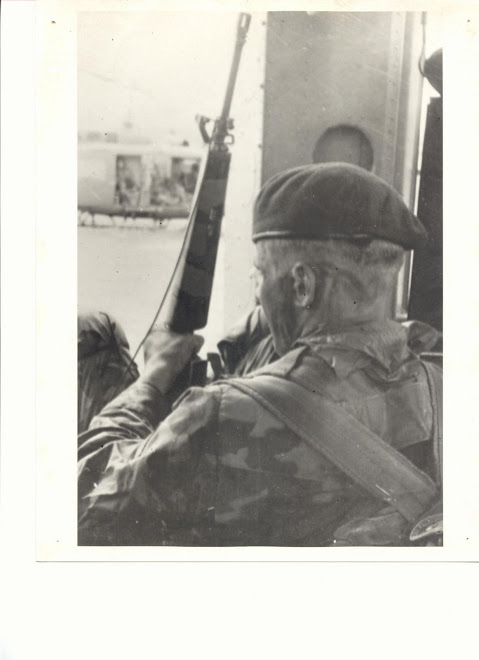
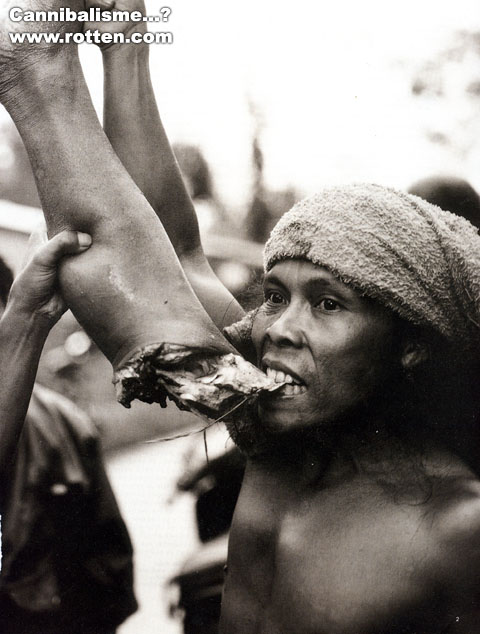


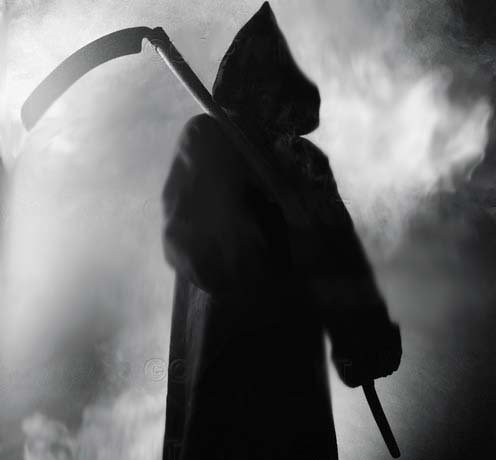

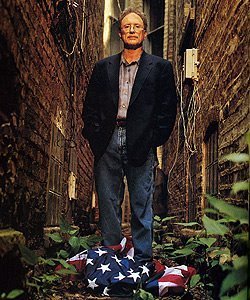
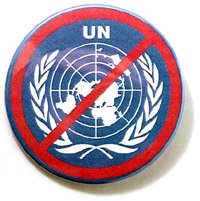



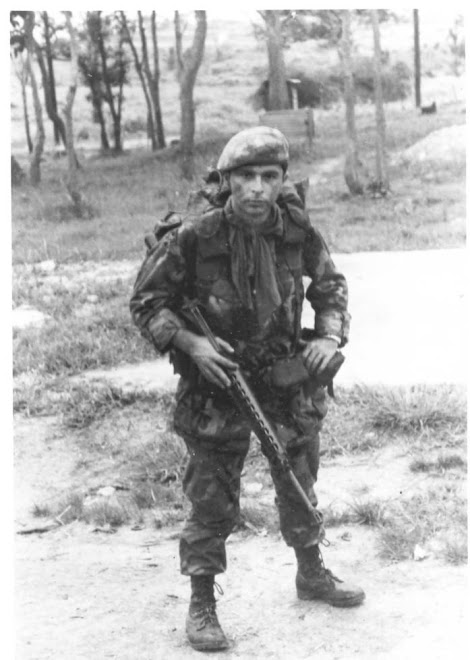
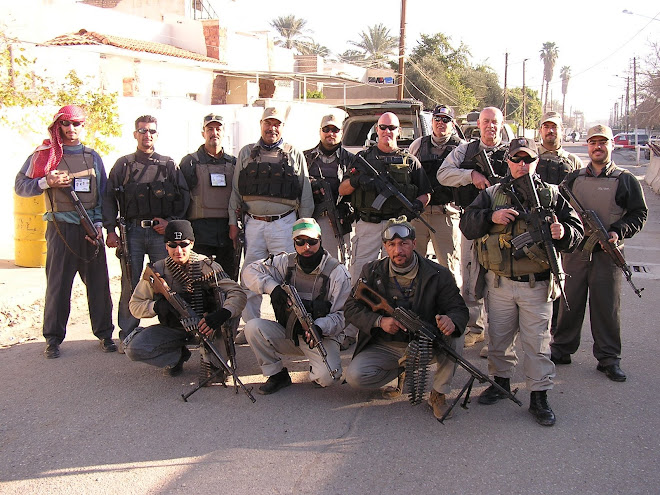
No comments:
Post a Comment